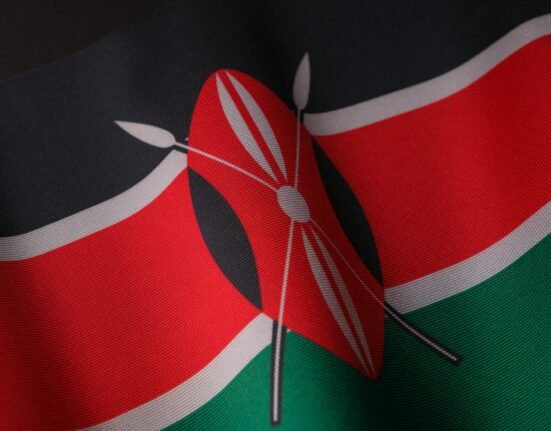Proposal aims to simplify tax structure while sparking renewed debate over industry contributions
Simplifying the Current Gambling Tax Framework
The UK Treasury is advancing plans to overhaul the taxation system applied to remote betting operators, signalling a potential shift in how the industry is taxed. The proposal, initially introduced by HM Revenue & Customs (HMRC) in April 2025, seeks to replace the current three-tax framework — consisting of General Betting Duty (GBD), Remote Gaming Duty (RGD), and Pool Betting Duty (PBD) — with a more streamlined system.
Officials argue that the current tax regime is overly complex and burdensome for operators, prompting the need for reform to reduce bureaucracy and modernise the system.
Political Momentum for Higher Industry Taxes
While the Treasury insists the reform is primarily administrative and does not propose any change to tax rates, the move has reignited political calls for increased levies on the gambling sector. MPs across party lines, leveraging the ongoing review, have urged Chancellor Rachel Reeves to consider higher taxes as part of broader fiscal measures.
Former Prime Minister Gordon Brown recently argued in The Guardian that raising gambling taxes could potentially generate £3 billion ($4 billion) annually for public services, intensifying the debate.
Industry Concerns Over Economic Impact
The gambling industry has expressed unease over the growing pressure to increase taxes. Grainne Hurst, CEO of the Betting & Gaming Council (BGC), warned in an interview with The Financial Times that any duty hike could jeopardise the sector’s economic contributions, including funding for sports, jobs, and local economies.
The industry points to its status as a major employer and global business success story, emphasising that higher taxes could drive customers towards unregulated markets, undermining consumer protections.
Context: Previous Levy and Ongoing Regulatory Changes
This debate follows the Labour Government’s introduction of a £100 million statutory gambling levy in November 2024 as part of its Gambling White Paper, which aimed to address gambling-related harm while funding research, education, and treatment initiatives.
The current reform also comes in the wake of market turbulence in late 2024, when rumours of tax hikes triggered sharp declines in gaming operators’ share prices — a sign of how sensitive the industry is to regulatory and fiscal developments.
Outlook: Balancing Simplification with Fiscal Policy
As the Treasury moves forward, it faces the challenge of balancing regulatory simplification with political and public demands for the industry to contribute more to state coffers. While officials have downplayed any immediate tax increases, the ongoing debate suggests that future adjustments to gambling taxation rates remain a real possibility.
For operators, investors, and policymakers alike, the coming months will be pivotal in determining whether this reform remains a technical adjustment — or the first step towards a broader fiscal reconfiguration of the UK’s gambling sector.
























1 Comment